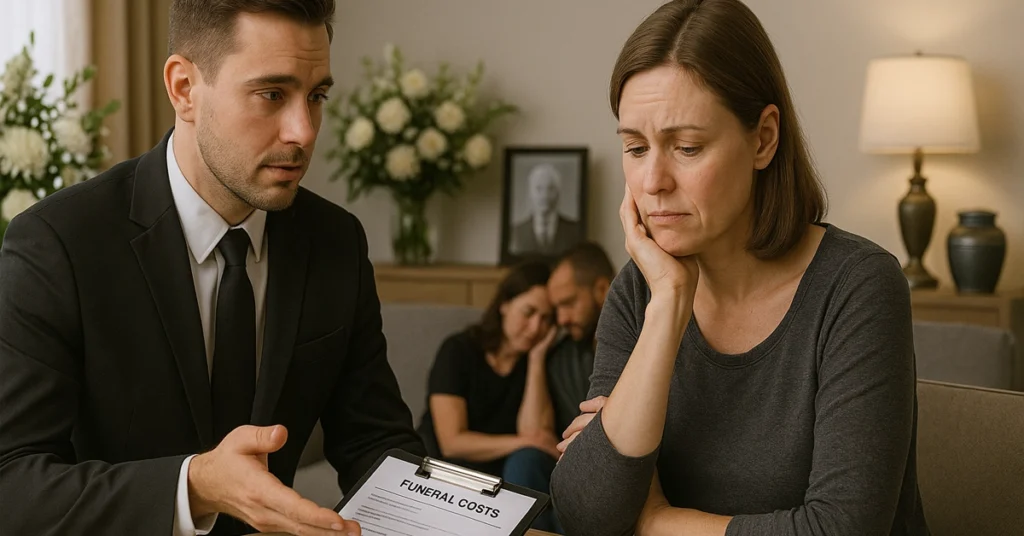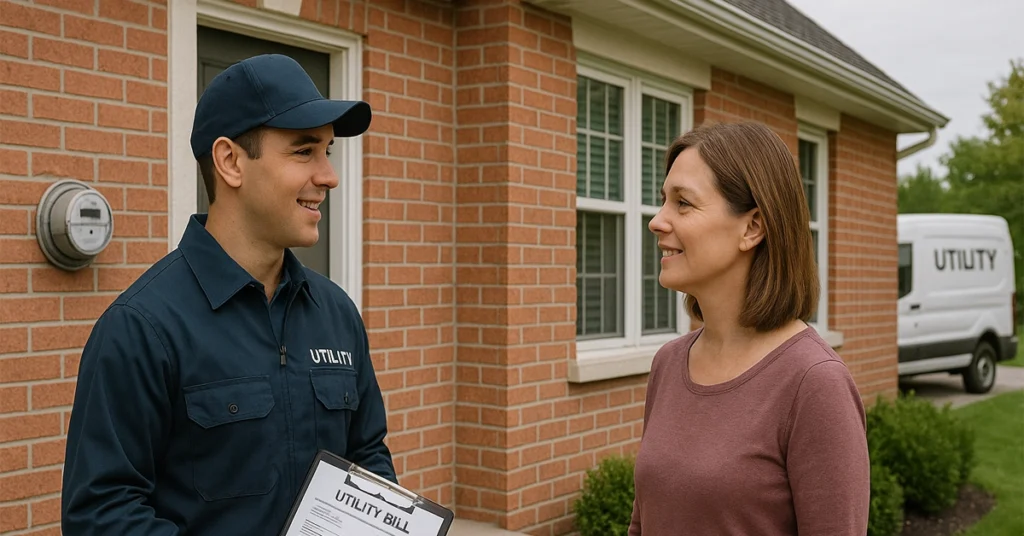Funeral homes provide one of the most emotionally sensitive services in society. But when families are unable to pay for those services, funeral directors face a difficult balancing act: recovering costs without compromising compassion. This guide explores how funeral homes can approach unpaid bills with empathy, professionalism, and financial responsibility.
Why Families Struggle to Pay Funeral Bills
Funeral costs in the U.S. average between $7,000–$12,000, and many families are unprepared for the expense. Common reasons for nonpayment include:
- Sudden or unexpected death
- Lack of life insurance or pre-need planning
- Delays in estate settlement
- Financial hardship or unemployment
- Emotional overwhelm during the grieving process
Understanding these factors helps funeral homes approach collections with empathy and flexibility.
1. Set Clear Expectations Upfront
Transparency is the first step toward avoiding unpaid bills.
- Provide itemized pricing before services are rendered
- Explain payment terms in writing and in person
- Offer pre-need planning and financing options
- Use point-of-sale financing to reduce upfront burden
A signed service agreement with clear terms protects both your business and the family.
2. Use Compassionate Communication for Late Payments
When a bill goes unpaid, your first outreach sets the tone.
- Start with a gentle reminder, not a demand
- Acknowledge the family’s grief and stress
- Ask if it’s a good time to talk before discussing payment
- Offer to work together on a solution
Empathy builds trust and increases the likelihood of resolution.
3. Offer Flexible Payment Solutions
Rigid payment demands can damage your reputation. Instead, offer:
| Option | Benefit |
|---|---|
| Installment plans | Breaks large bills into manageable payments |
| Deferred billing | Allows time for estate settlement or insurance |
| Crowdfunding suggestions | Direct families to GoFundMe or similar platforms |
| Funeral financing partners | Provide third-party lending options |
4. Know the Legal Boundaries
Funeral homes must follow federal and state laws when collecting payments:
- FTC Funeral Rule prohibits withholding remains for payment
- FDCPA applies if using third-party collectors
- Contract law governs who is legally responsible (usually the signer or estate)
Avoid aggressive tactics that could lead to legal or reputational harm.
5. When to Involve a Collection Agency
If internal efforts fail, consider outsourcing, but choose wisely.
- Use agencies that specialize in sensitive industries
- Ensure they follow ethical, low-pressure practices
- Require transparency and reporting on all outreach
A good agency can recover funds without damaging your brand.
Why Businesses Choose Action Recovery for Utility Bill Payments
Although known for utility collections, Action Recovery’s approach is ideal for funeral homes too because they prioritize respect, empathy, and results.
What Sets Them Apart:
- Industry-specific expertise in regulated, emotional sectors
- Soft-touch communication that preserves relationships
- Full compliance with FDCPA, HIPAA, and state laws
- Seamless tech integration with billing and CRM systems
- Performance-based pricing – you only pay when they recover
“We don’t just collect, we protect your reputation.” That’s the Action Recovery difference.
FAQs: Handling Funeral Payment Challenges
Can I refuse to release remains until payment is made?
No. Under the FTC Funeral Rule, you must release remains regardless of payment status.
Who is legally responsible for the bill?
The deceased’s estate is primarily responsible. If insufficient, the person who signed the contract is liable.
Can I charge interest or late fees?
Yes, if clearly stated in the signed agreement and compliant with state laws.
What if the family disputes the charges?
Offer to review the bill together. Maintain documentation and consider mediation if needed.
Final Thoughts
Compassion and collections don’t have to be at odds.
By combining clear communication, flexible options, and ethical recovery practices, funeral homes can protect their business while honoring the families they serve.




